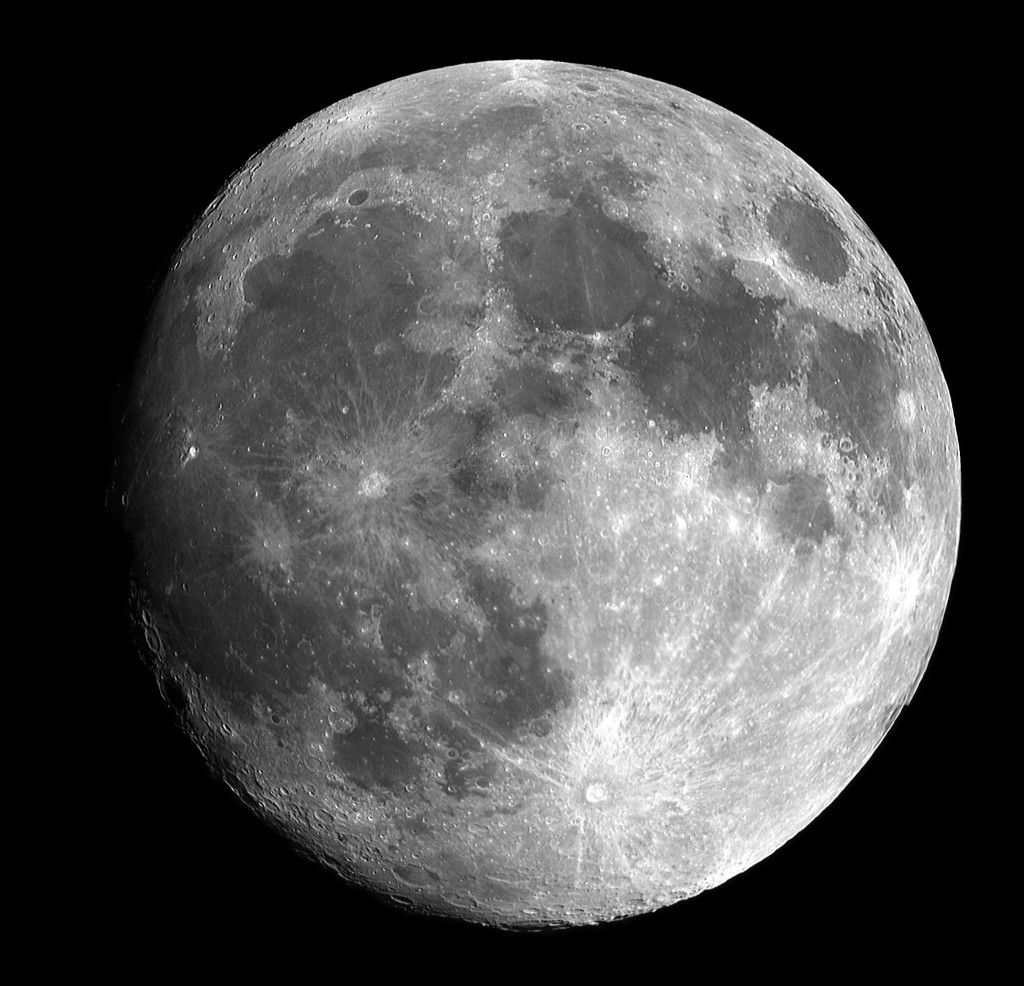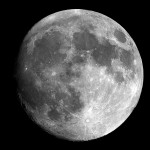The Moon
Moon, Earth's only natural satellite and nearest large celestial body. Known since prehistoric times, it is the brightest object in the sky after the Sun. It is indicated by the icon. Its name in English, like the name of the Earth, is derived from Old German and English.
The moon's desolate beauty has been a source of fascination and curiosity throughout history and has inspired a rich cultural and symbolic tradition. In earlier civilizations, the Moon was considered a god, its dominance evident in its ability to rhythmically control the tides and the reproductive cycle of women.
Ancient traditions and legends tell of the Moon's power to cast spells, transform humans into beasts, and dangerously swing human behavior between sanity and madness (from luna in Latin, "Moon"). Poets and composers have drawn to the romantic charm and dark side of the Moon, and fiction writers have taken their readers on speculative lunar voyages long before Apollo astronauts orbiting the Moon, sending back images of reality as witnessed by the human eye for the first time.
Centuries of scientific observations and investigations have focused on the nature and origin of the Moon. Early studies of the motion and position of the Moon allowed the prediction of tides and led to the development of the calendar. The moon was the first new world man set foot on; Information reported from these expeditions, along with information gathered by automated spacecraft and remote sensing observations, has resulted in knowledge of the Moon surpassing that of knowledge of any celestial body other than the Earth itself. While many questions remain about its composition, structure, and history, it is clear that the Moon holds the key to understanding the origins of the Earth and the solar system. Furthermore, due to its proximity to Earth, its rich potential as a source of raw materials and energy, as well as its qualities as a laboratory for planetary science and a place to learn how to live and work. In space for long periods of time, the Moon remains a prime location for humanity's first colonies outside Earth's orbit.







